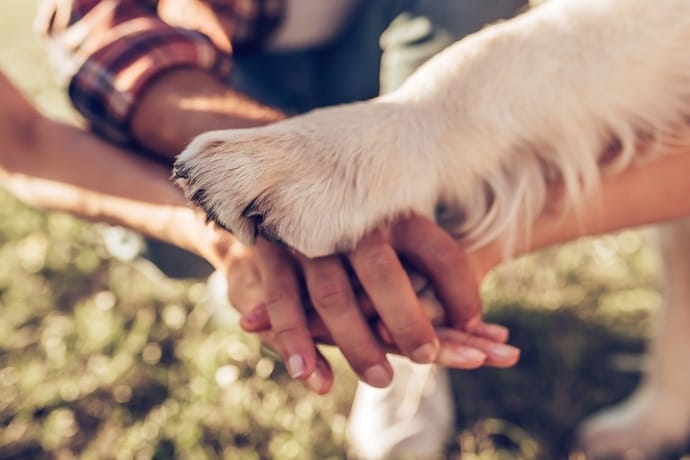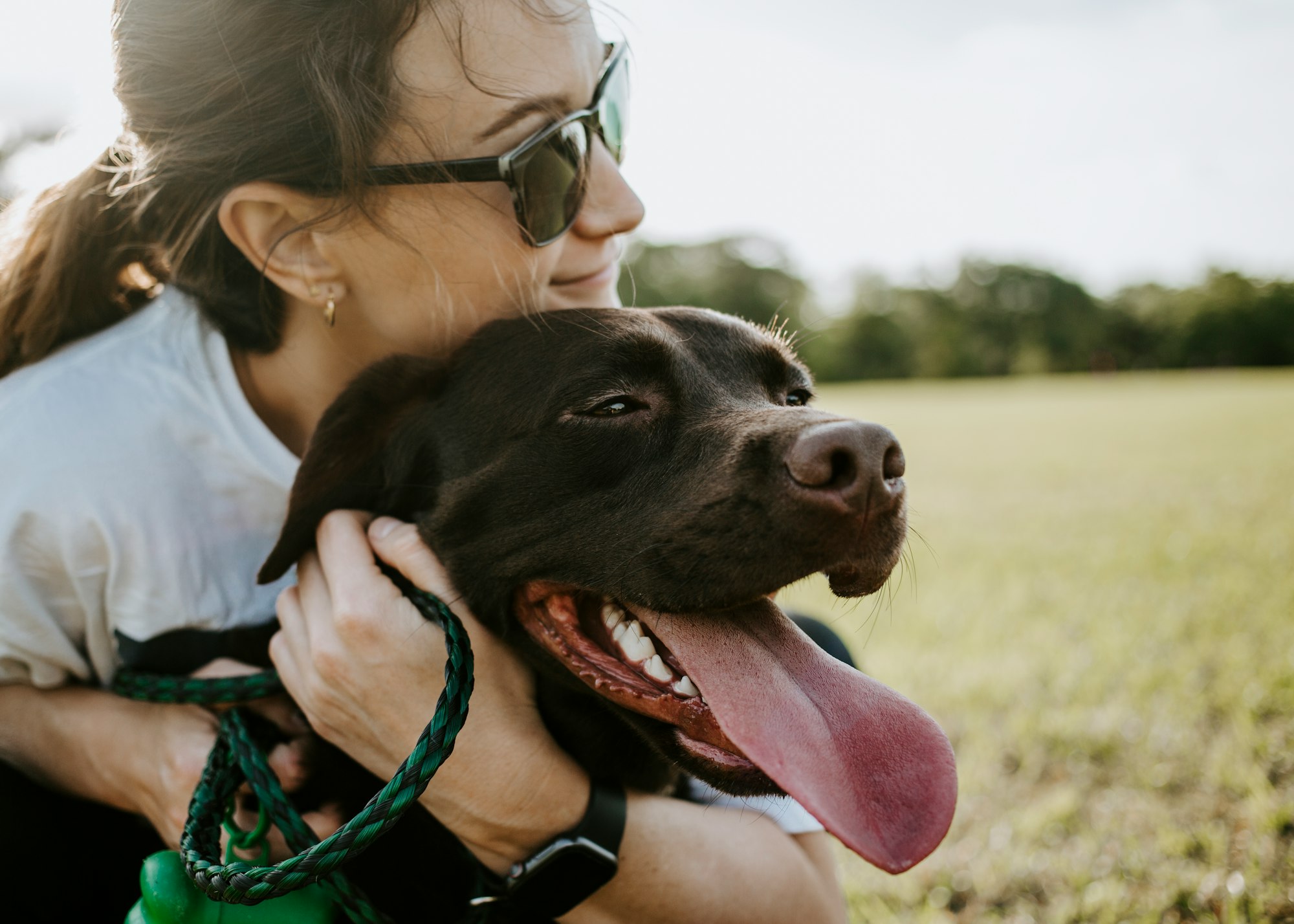
Can pets get coronavirus | Can pets transmit it | How to protect
Following the rise of the novel SARS-CoV-2 responsible for coronavirus disease (COVID-19), a concerned pet parent may think: what if my puppy gets sick? Disturbing news about a Pomeranian dog from Hong Kong made people wonder if we will observe this type of coronavirus in cats and dogs too.
Can a Cat or Dog Get Coronavirus?
As of the novel coronavirus causing COVID-19 in humans, a pet can get infected but won’t get sick. At first, researchers didn’t consider it a possibility and the initial idea was that the SARS-CoV-2 can only live on the skin or fur of the cat or dog. According to the latest research, a pet can actually get infected with the novel virus but is unlikely to get sick or even show any symptoms experienced by humans.
However, there are other types of coronaviruses affecting cats and dogs that have been around for a long time.
Feline coronavirus infects cats and is present worldwide. It has two serotypes, each found in two forms: feline enteric coronavirus (FECV) and feline infectious peritonitis (FIPV). FECV usually doesn’t cause more troubles than mild diarrhea but can seldomly mutate to FIP, which is a severe condition, usually incurable and lethal.
Usually, a cat’s immune system can treat the virus but sometimes the virus will persist. In these cases, the cat will become an asymptomatic carrier of the virus and spread it through shedding infected feces, which is the primary source of infection.
Canine coronavirus affects dogs and has two types: canine enteric coronavirus (CECoV) and canine respiratory coronavirus (CRCoV). CECoV is highly infectious but causes only minor abdominal issues, like mild diarrhea, or goes without symptoms.
Like the feline coronavirus, it is mostly spread through shedding infected feces. CRCoV can cause respiratory disease in dogs, with symptoms like coughing or sneezing. It is usually communicated through direct dog-to-dog contact.
Can a Dog or Cat Transmit Coronavirus to a Human?
As of the novel COVID-19, people can possibly get it from a cat or a dog through touching its skin or fur. However, it can only occur if the animal has been in close contact with the virus. WHO states that there is no current evidence that a cat or dog can communicate COVID-19 to a human otherwise. The risk of getting a coronavirus from your cat is no more than getting it from any contaminated surface.
Also, other types of coronavirus in dogs and cats (like canine or feline ones) can’t be transmitted to a human.
How to Protect Your Pet and Yourself?
Here are some coronavirus dos and don’ts, which will keep you and your pet safe.
Dos
- Distance. Keep a distance from crowds with potentially infected people when walking your pet.
- Quarantine. According to the CDC, it is better to keep reasonable isolation from your pet if you were tested positive for COVID-19.
- Vaccination. While there is no vaccination against SARS-CoV-2 for any living being, it is still possible to vaccinate your pet against other common infections, including canine coronavirus.
Don’ts
- Panic. Nervously observing your pet for all existing coronavirus symptoms will definitely do no good. Stay positive and use your remote work option as a perfect opportunity to spend some quality time with your pet child.
- Mask. A medical mask on a pet is no fun. It can cause severe anxiety and discomfort. Moreover, it doesn’t really protect your dog or cat.
- Travel with your pet. Currently, traveling is not advised in general. Even if you do have to travel, leave your pet at home: no one knows what border regulations will enter into force in the days to come.
There is no reason to believe that being around your pet can increase your chances of getting the coronavirus. Follow the general WHO recommendations and enjoy the WFH with your pet.

Was this article helpful?
Help us make our articles even better










